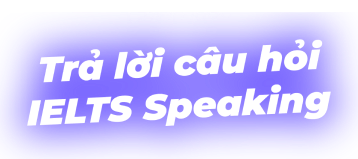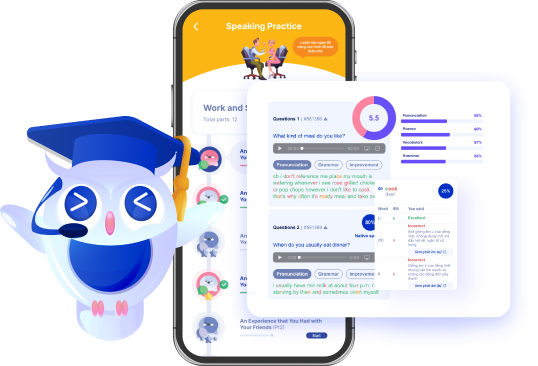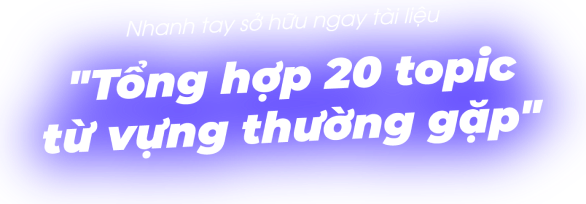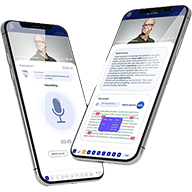Travel Vocabulary IELTS – đây là một trong những bộ tài liệu học IELTS được tìm kiếm nhiều nhất. Cùng Edmicro tìm hiểu chi tiết về các bộ từ vựng Travel. Cũng như bài mẫu Speaking cho chủ đề này nhé!
Travel Vocabulary IELTS – Tourism
Dưới đây là bộ từ vựng về chủ đề Tourism mà Edmicro đã tổng hợp được.
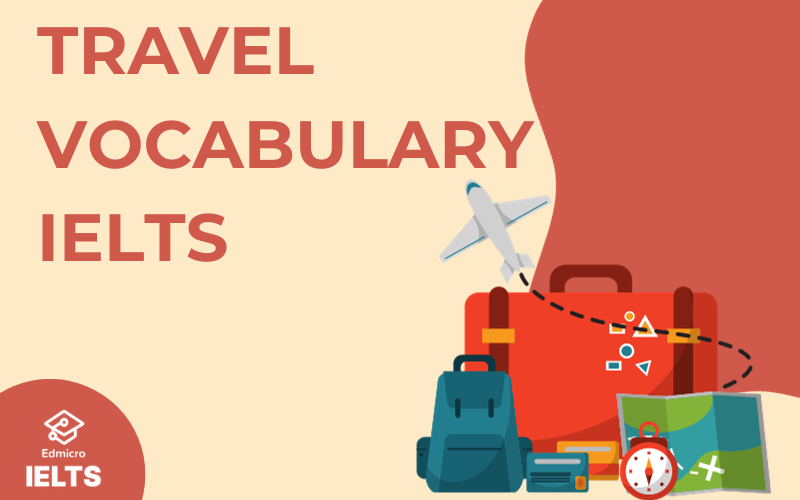
| Từ vựng | Phiên âm | Ý nghĩa | Ví dụ |
|---|---|---|---|
| Green tourism (n) | /ɡriːn ˈtʊərɪzᵊm / | du lịch sinh thái | I think green tourism is a trend in the future, in which people want to get away from the busy life. → Tôi nghĩ rằng du lịch sinh thái sẽ là một xu hướng trong tương lai, nơi mà mọi người muốn tìm cách để thoát khỏi nhịp sống hối hả. |
| Tourist trap (n) | /ˈtʊrɪst træp/ | địa điểm du lịch quá đông đúc và bóc lột khách du lịch | The street market is a tourist trap that mostly sells cheap souvenirs. → Chợ đường phố này bán những đồ lưu niệm rẻ tiền được coi như là một cái “bẫy” cho khách du lịch. |
| Domestic tourism (n) | /dəˈmestɪk ˈtʊrɪzəm/ | du lịch trong nước | The government could boost domestic tourism by promoting local events and locations. → Chính phủ có thể thúc đẩy sự phát triển của du lịch trong nước bằng cách quảng bá các sự kiện và các địa điểm du lịch địa phương. |
| Popular tourist destinations (n) | /ˈpɒpjələ ˈtʊərɪst ˌdɛstɪˈneɪʃᵊnz/ | những điểm đến du lịch phổ biến | You should go to those popular tourist destinations, which are highly recommended by this well-known travel magazine. → Bạn nên đến những điểm du lịch nổi tiếng này, những nơi mà được đánh giá cao bởi tạp chí du lịch có tiếng này. |
| Holidaymaker (n) | /ˈhɑːlədeɪmeɪkər/ | khách du lịch | It is impossible, when looking at these casually-dressed holidaymakers, to determine their social background or their income. → Thật không thể đoán được hoàn cảnh xã hội hay thu nhập của những người đi xa du lịch khi nhìn vào cách ăn mặc của họ. |
| Local specialty (n) | /ˈləʊkl ˈspeʃəlti/ | đặc sản địa phương | Haiphong is famous for “Banh da cua”, which is often thought of as its local specialty. → Hải Phòng nổi tiếng với bánh đa cua, món mà thường được mọi người nghĩ là đặc sản của thành phố này. |
| Hospitality (n) | /ˌhɑːspɪˈtæləti/ | sự hiếu khách | I am proud to say that hospitality and friendliness are features of Vietnamese people in the eyes of many foreigners. → Tôi thấy tự hào khi nói rằng sự hiếu khách và thân thiện là những đặc trưng nổi bật của người Việt Nam trong con mắt bạn bè quốc tế. |
| The locals (n) | /ˈləʊkl.s/ | người dân địa phương | The café is popular with both locals and visitors. → Quán cafe nổi tiếng với cả người bản địa và khách du lịch. |
| Heritage site (n) | /ˈherɪtɪdʒ saɪt/ | khu di sản | Ha Long Bay has been considered to be one of many heritage sites of Vietnam for such a long time. → Vịnh Hạ Long từ lâu đã được coi là một trong những di sản của Việt Nam. |
| Host (n) | /həʊst/ | chủ nhà | The host country of the 2008 Olympics was China.→ Nước chủ nhà của thế vận hội Olympic 2008 là Trung Quốc. |
| Famous sights (n) | /ˈfeɪməs saɪts/ | những địa điểm tham quan nổi tiếng | Ho Chi Minh Mausoleum, Hoan Kiem Lake or Long Bien bridge are often considered to be famous sights of Hanoi. → Lăng Bác, hồ Hoàn Kiếm hay cầu Long Biên thường được coi là những địa điểm nổi tiếng của Hà Nội. |
| Regional culture (n) | /ˈriːdʒənl ˈkʌltʃər/ | văn hóa địa phương | Many schools and colleges do not emphasise the importance of regional culture to students. → Nhiều trường học không nhấn mạnh đến tầm quan trọng của văn hóa địa phương đối với học sinh. |
| Cuisine (n) | /kwɪˈziːn/ | nền ẩm thực | Vietnamese cuisine is most well-known for “Banh mi” and “Pho”. → Ẩm thực Việt Nam nổi tiếng nhất với bánh mì và phở. |
| Unexpected expenses (n) | /ˌʌnɪkˈspektɪd ɪkˈspens/ | chi phí phát sinh | The unexpected expenses make her business go bankrupt. → Những chi phí không lường trước được khiến doanh nghiệp của cô ấy phá sản. |
| Flock to (v) | /flɑːk tə/ | lũ lượt kéo nhau đến | The picture in this newspaper is about lots of people flocking to a newly-opened water park. → Bức ảnh trên báo chụp cảnh rất nhiều người kéo đến một công viên nước mới mở. |
| go sightseeing (v) | /ɡəʊ ˈsaɪtˌsiːɪŋ/ | đi ngắm cảnh | There was no time to go sightseeing in Seattle. → Không còn thời gian để đi tham quan Seattle nữa. |
Xem thêm: Listening IELTS Vocabulary: Nguồn Học Và Cách Học Hiệu Quả
Travel Vocabulary IELTS – Impacts
Dưới đây là từ vựng về chủ đề về tác động giúp các bạn mở rộng vốn từ vựng của mình:
| Từ vựng | Phiên âm | Ý nghĩa | Ví dụ |
|---|---|---|---|
| Rat race (n) | /ræt reɪs/ | cuộc sống xô bồ | He decided to get out of the rat race, and went to work on a farm. → Anh ta quyết định tránh xa khỏi cuộc sống xô bồ, và đến làm việc ở một trang trại. |
| Wildlife preserve (n) | /ˈwaɪldlaɪf prɪˈzɜːrv/ | vùng đất giúp bảo tồn các môi trường sống tự nhiên, nhằm phục vụ cho công tác bảo tồn, giáo dục và nghiên cứu | Wildlife preserves are essential to protecting our natural world’s diverse species of flora and fauna. → Vùng đất bảo tồn hoang dã có vai trò quan trọng trong việc bảo tồn những loài động thực vật đa dạng trong tự nhiên. |
| Cultural assimilation (n) | /ˈkʌltʃərəl əˌsɪməˈleɪʃn/ | sự đồng hóa về mặt văn hóa | China failed in cultural assimilation even after ruling over Vietnam for thousands of years. → Trung Quốc đã thất bại trong việc đồng hóa về mặt văn hóa thậm chí sau cả nghìn năm đô hộ Việt Nam. |
| take its toll on (sth/sb) | /teɪk ɪts təʊl ɒn/ | gây hại cho ai, cho cái gì | The financial problems of the past few months have taken a toll on her health. → Những vấn đề tài chính trong những tháng qua đã gây hại đến sức khỏe cô ấy. |
| Environmental deterioration (n) | /ɪnˌvaɪrənˈmentl dɪˌtɪriəˈreɪʃn/ | sự suy giảm chất lượng môi trường | The government should take action to tackle the problem of environmental deterioration. → Chính phủ nên có các biện pháp để giải quyết vấn đề ô nhiễm môi trường. |
Xem thêm: Tự Học Từ Vựng IELTS: Tips Học Đơn Giản Và Nhớ Lâu
Bài mẫu Speaking sử dụng Travel Vocabulary IELTS
Part 1
Do you like travelling? Why or why not?
→ Yes, I love travelling very much. Travelling is a great way to broaden my horizons, learn about different cultures and customs, and have fun at the same time. I enjoy visiting new places, meeting new people, and trying new things.
Who do you usually travel with?
→ I usually travel with my family or friends, because I think travelling with someone makes the experience more enjoyable and memorable. We can share our opinions, feelings, and stories with each other, and help each other when needed. Travelling with someone also makes me feel safer and more comfortable.
Part 2
Describe a place that you have visited and particularly liked. You should say:
- where it is
- when you visited it
- what you did there
and explain why you liked it
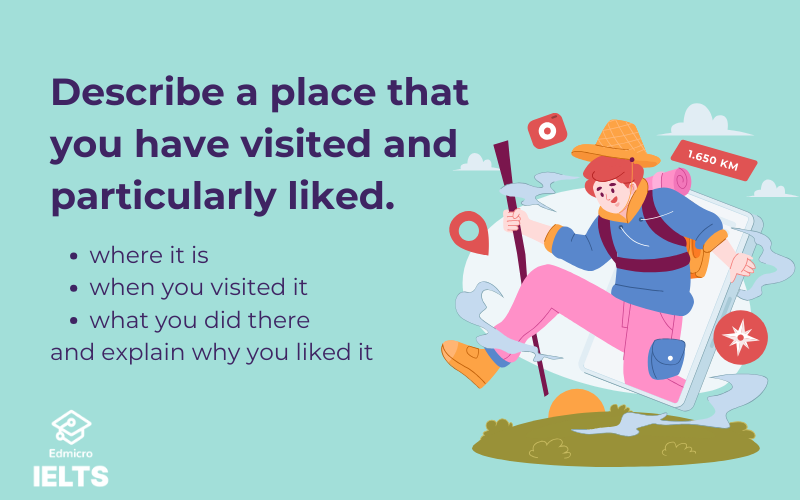
A place that I have visited and particularly liked is Da Lat, a city in the Central Highlands of Vietnam. I visited Da Lat last year, in December, with my family. We stayed there for four days and three nights.
Da Lat is known as the city of flowers, because it has many beautiful gardens and parks with various kinds of flowers. It also has a cool and pleasant climate all year round, unlike other parts of Vietnam that are hot and humid. Da Lat is also famous for its natural scenery, such as waterfalls, lakes, mountains, and forests.
During our stay in Da Lat, we did many things. We visited some of the famous attractions, such as the Valley of Love, the Crazy House, and the Bao Dai Palace. We also enjoyed the local cuisine, such as banh mi xiu mai (bread with meatballs), banh can (mini pancakes), and banh trang nuong (grilled rice paper).
It was a refreshing and relaxing trip for me. I was impressed by the beauty and charm of Da Lat, and I felt closer to nature and my family. Da Lat gave me a lot of unforgettable memories and experiences that I will always cherish.
Part 3
What are some of the disadvantages or challenges of travelling?
→ Travelling also has some disadvantages or challenges for people. To begin with, travelling can be expensive and time-consuming. It may require a lot of money for transportation, accommodation, food, or entertainment. Travelling may also take up a lot of time that could be used for work or study.
What are the benefits of travelling?
→ Travelling has many benefits for people. First of all, travelling can improve one’s knowledge and skills. For example, travelling can help one learn new languages, cultures, histories, or arts. Travelling can also help one develop practical skills, such as planning, budgeting, problem-solving, or communication.
Idiom chủ đề Travel
Du lịch là một trong những chủ đề phổ biến trong IELTS Speaking, và việc sử dụng idiom liên quan đến travel sẽ giúp bạn trả lời tự nhiên, hấp dẫn và ghi điểm cao hơn ở tiêu chí lexical resource.
| Idiom | Ý nghĩa | Ví dụ |
|---|---|---|
| Hit the road | Bắt đầu chuyến đi | We decided to hit the road early to avoid traffic. (Chúng tôi quyết định khởi hành sớm để tránh tắc đường.) |
| Off the beaten track | Nơi ít người biết đến, không phổ biến | We found a village off the beaten track during our trip. (Chúng tôi đã tìm thấy một ngôi làng ít người biết đến trong chuyến đi.) |
| Travel light | Đi du lịch mang ít đồ | I prefer to travel light with just a backpack. (Tôi thích đi du lịch gọn nhẹ chỉ với một balo.) |
| On the road | Đang đi du lịch hoặc di chuyển | He has been on the road for weeks exploring Asia. (Anh ấy đã đi du lịch khắp châu Á suốt nhiều tuần.) |
| Catch the travel bug | Trở nên nghiện đi du lịch | After my first trip abroad, I caught the travel bug. (Sau chuyến đi nước ngoài đầu tiên, tôi trở nên nghiện du lịch.) |
| Have itchy feet | Muốn đi du lịch, không thể ngồi yên | She has itchy feet and loves exploring new countries. (Cô ấy lúc nào cũng muốn đi du lịch và khám phá những đất nước mới.) |
| A full plate / schedule | Lịch trình dày đặc | During the tour, we had a full plate of activities. (Trong chuyến đi, chúng tôi có lịch trình dày đặc hoạt động.) |
| Live out of a suitcase | Liên tục di chuyển, không ở một nơi lâu | He has been living out of a suitcase due to business trips. (Anh ấy phải sống tạm bợ vì những chuyến công tác liên tục.) |
| Red-eye flight | Chuyến bay đêm, thường muộn và mệt mỏi | I had to take a red-eye flight to get to the meeting on time. (Tôi phải bay chuyến đêm để kịp buổi họp.) |
| Call it a day | Kết thúc một hành trình hoặc hoạt động | After walking for hours, we decided to call it a day. (Sau khi đi bộ nhiều giờ, chúng tôi quyết định kết thúc ngày hôm đó.) |
| Journey of a lifetime | Chuyến đi để đời, đáng nhớ nhất | Visiting the Grand Canyon was the journey of a lifetime. (Tham quan Grand Canyon là chuyến đi để đời của tôi.) |
| Hit the jackpot | Gặp may mắn lớn (khi đi du lịch) | We really hit the jackpot with our hotel upgrade. (Chúng tôi thật sự may mắn khi được nâng hạng phòng khách sạn.) |
Trên đây là toàn bộ Travel Vocabulary IELTS cùng bài mẫu Speaking được tổng hợp chi tiết bởi Edmicro. Nếu còn gì thắc mắc, đừng ngại liên hệ chúng mình nhé!
Xem thêm:






